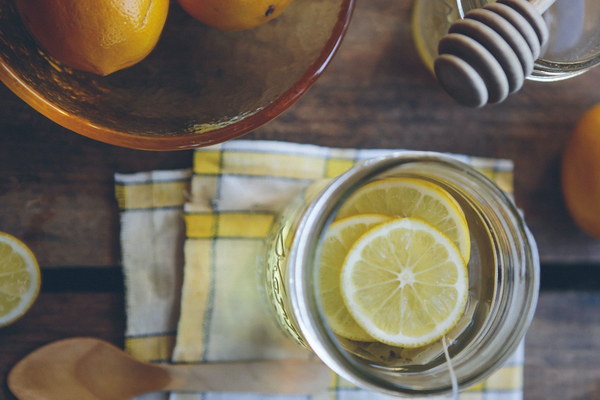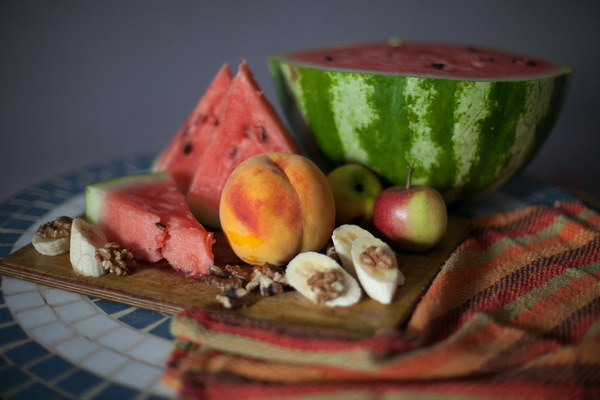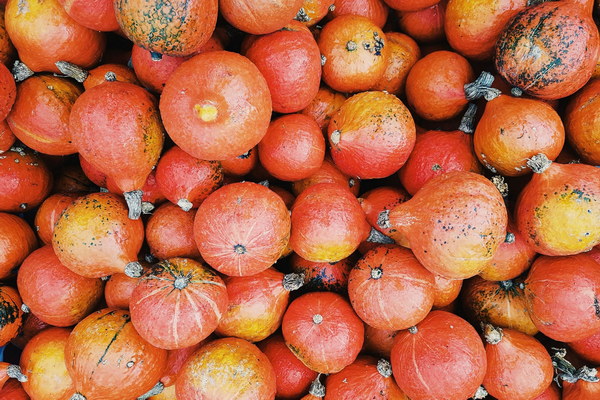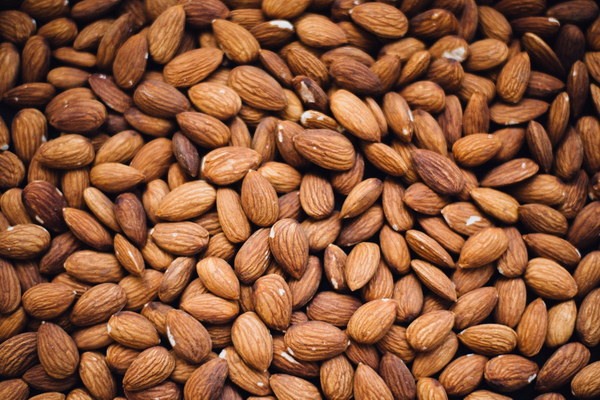Can Eating Oatmeal Really Help in Anti-Aging
Introduction:
In the quest for timeless beauty and youthful vitality, the food we consume plays a pivotal role. One such food that has been gaining attention for its potential anti-aging benefits is oatmeal. But can eating oatmeal really help in combating the signs of aging? Let's delve into the science behind this popular breakfast staple and explore its potential anti-aging properties.
The Nutritional Benefits of Oatmeal:
Oatmeal, a whole grain cereal, is rich in a variety of nutrients that contribute to overall health and well-being. Here are some of the key nutritional benefits of oatmeal:
1. Fiber: Oatmeal is an excellent source of dietary fiber, which aids in digestion and helps maintain bowel regularity. High fiber intake is associated with a reduced risk of developing heart disease, diabetes, and certain types of cancer, all of which are more common as we age.
2. Beta-Glucan: This is a type of soluble fiber found in oats that has been shown to lower cholesterol levels. By reducing cholesterol, beta-glucan can contribute to heart health, which is crucial as we age to prevent cardiovascular diseases.

3. Antioxidants: Oatmeal contains antioxidants such as vitamin E and avenanthramides, which protect the skin from oxidative stress and may help prevent aging-related skin damage.
4. B Vitamins: Oats are a good source of B vitamins, including B1, B2, B3, B5, and B6. These vitamins are essential for energy production, maintaining a healthy nervous system, and supporting skin health.
5. Minerals: Oats are also rich in minerals like magnesium, which helps regulate blood sugar levels and muscle and nerve function, and selenium, which has antioxidant properties and supports thyroid health.
Oatmeal and Anti-Aging:
Now that we understand the nutritional benefits of oatmeal, let's explore how these nutrients may contribute to anti-aging:
1. Skin Health: The antioxidants in oatmeal, such as vitamin E and avenanthramides, can help protect the skin from environmental damage and combat the free radicals that contribute to aging. This can lead to a more youthful and radiant appearance.
2. Heart Health: As mentioned earlier, the beta-glucan in oats can lower cholesterol levels, which is essential for maintaining heart health. A healthy heart is less likely to be affected by age-related conditions such as heart disease.
3. Blood Sugar Regulation: Oats have a low glycemic index, meaning they cause a slow and steady release of glucose into the bloodstream. This helps regulate blood sugar levels, which is particularly important as we age, as uncontrolled blood sugar can lead to diabetes and other age-related health issues.
4. Weight Management: Oats are filling and can help keep you feeling full for longer periods, which can aid in weight management. Excess weight can accelerate the aging process, so maintaining a healthy weight is beneficial for anti-aging efforts.
Conclusion:
While there is no magic food that can entirely prevent aging, incorporating oatmeal into your diet can contribute to a healthier, more youthful you. The combination of its nutritional benefits, such as high fiber content, antioxidants, and heart-healthy properties, makes oatmeal a valuable addition to an anti-aging diet. So, why not start your day with a bowl of oatmeal and take a step towards a more vibrant and age-defying lifestyle?









